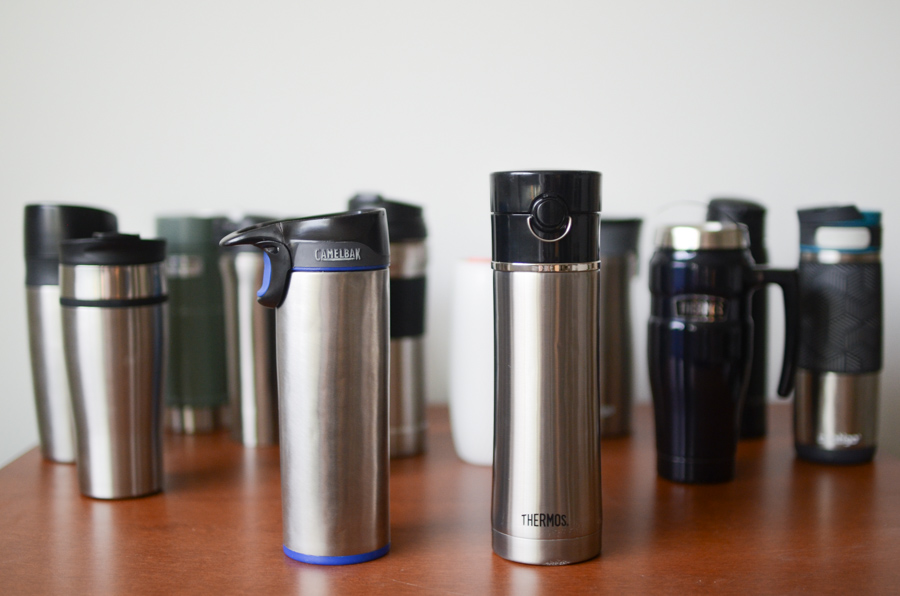Changing our behaviour could make steel part of the green solution
Environmental issues are becoming ever more in focus and a higher priority on the agenda, whether it’s for the customer in the supermarket, the supermarket itself or even the national Government. Reducing the damage to the planet is the highest priority it’s ever been and one of the biggest trend is reducing single use plastics.
Since the BBC programme Blue Planet showed how much plastic waste ends up in the ocean and can take centuries to disappear, there have been attempts to remove single use plastics from our lives and switch to reusable or recyclable products. This has the immediate effect of reducing the amount of single use plastic we use, but people have been voicing concerns over ‘unforeseen problems’ with this shift.
Many people have switched from using plastic shopping bags to cotton Tote bags, as cotton is a natural product. A recent study, however, found that because cotton takes large amounts of water and energy to grow, it could need to be used 20,000 times before it matches the emissions needed to create a single plastic bag. Paper also requires much more energy and hot water, so has a much higher carbon footprint than plastic.
This obviously doesn’t mean that we should keep using and discarding plastic bags, but points out that there needs to be a change in our behaviour to make sure that we prevent damage to our environment. There is always a right material for the job, and steel could be the exact material that helps us change our habits to a more sustainable society.
Most people would be surprised if you suggested that steel was potentially an environmentally friendly solution but for many situations, it could be very promising. The use of steel canteens as replacements for plastic water bottles is a growing area as they’re strong, shatterproof, unlike glass. They’re safe to be washed and cleaned over and over and one bottle could last a lifetime, preventing thousands of plastic bottles being discarded. The same rings true for steel travel cups for coffee, rather than using plastic covered cardboard cups that can’t be reused.

Almost any food container made from stainless steel is a viable alternative to plastic, as well as the other substitutions we’re already seeing, such as steel replacements for plastic straws in bars, or people choosing to use steel travel cutlery instead of taking a plastic fork with their On-The-Go lunch.
Obviously we’re not suggesting that everything currently made from plastic should be replaced with a steel alternative – we don’t much like the idea of taking our groceries home in steel bags! The change for most things should be our actions, not just the material. By seeking reusable products that will last for years, rather than disposable containers or wrappings that we use for seconds before binning, we make a positive impact. Once that behaviour to refill our canteen rather than buy a bottle of water becomes natural, steel becomes a very interesting option for reusable, sustainable products.
Interestingly, steel could have a benefit even once our use for it is done, because steel is one of the few products that is 100% recyclable. Paper can only be recycled four times and plastic six times before it is physically unable to be recycled, but steel can be reused as many times as it needs without suffering. Recycled steel takes less than half the energy needed to make new steel, meaning that even when your cutlery, canteen or container reaches the end of its life, it can be remade into something else with another fifty years’ use in it!
Changing our behaviour from disposing of things to ensuring they have the longest lifespan possible is likely to be tricky, but once that choice is made, then steel could definitely have its part to play in a sustainable future.
Another interesting article on how we should change our ways is available here https://www.customearthpromos.com/eco-blog/go-green-eco-friendly-products-we-should-all-be-using
